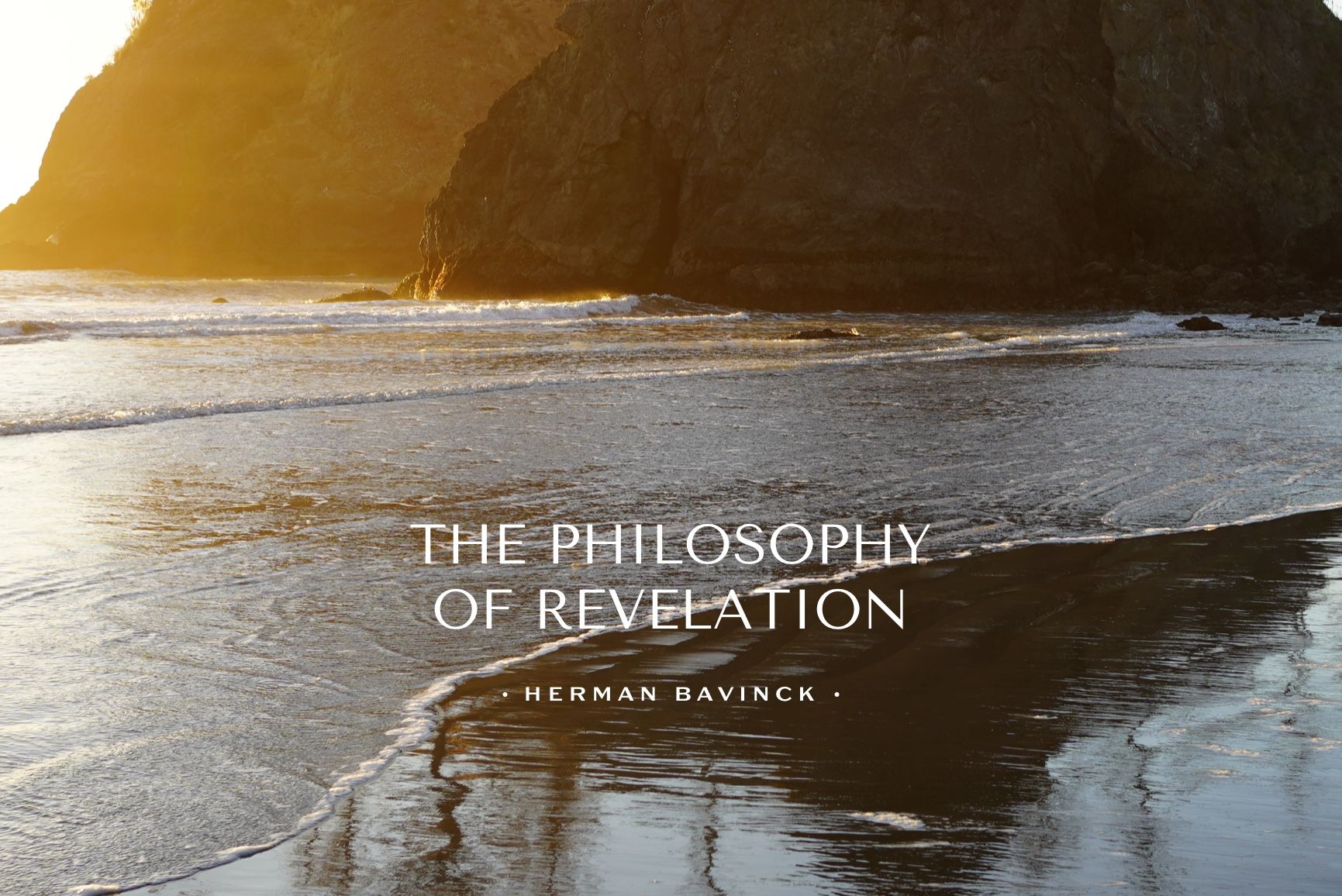The Philosophy of Revelation, Herman Bavinck
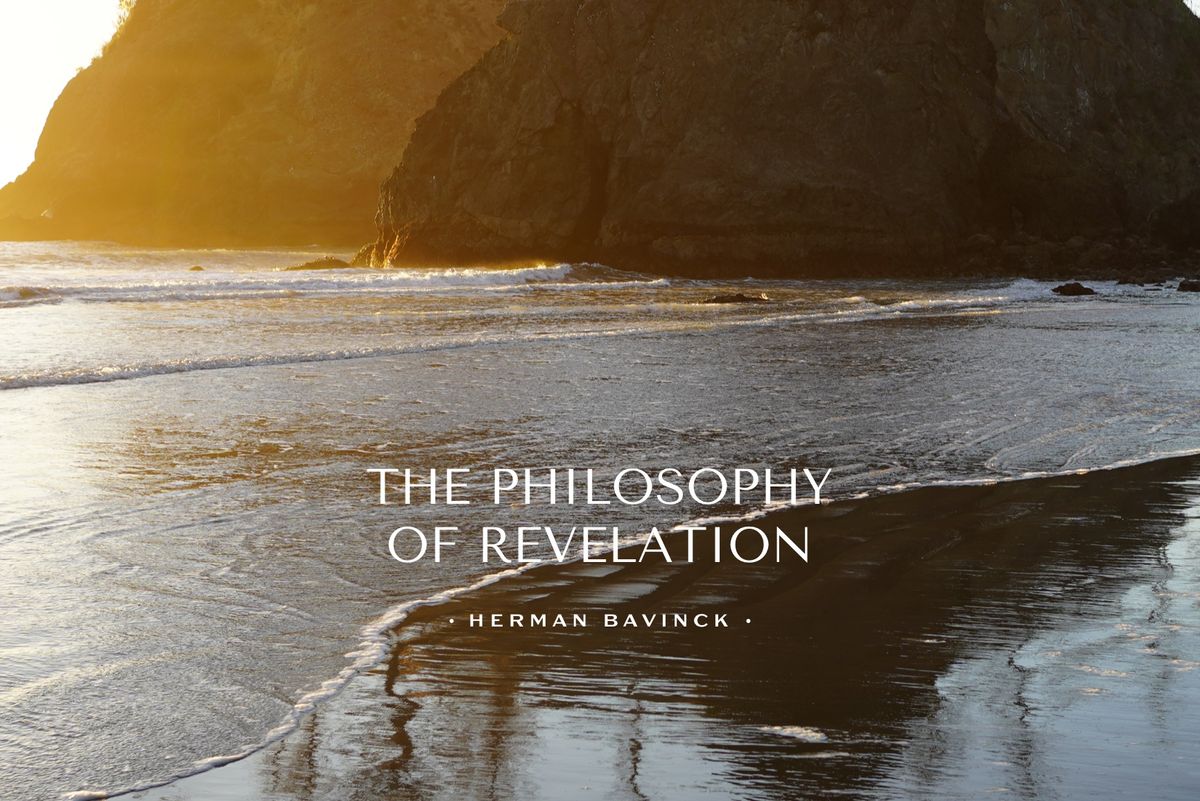
The Stone Lectures for 1908-1909 Princeton Theological Seminary
Doctor of Theology; Professor in the Free University of Amsterdam
Each section below is the full-text of a lecture given by Herman Bavinck.
1. The Idea of a Philosophy of Revelation
The well-known Assyrian scholar, Hugo Winckler, some years ago boldly declaredthat “in the whole of the historical evolution of mankind there are only twogeneral world-views to be distinguished, —the ancient Babylonian and the modernempirico-scientific” ; “the latter of which,” he added, “is stil…
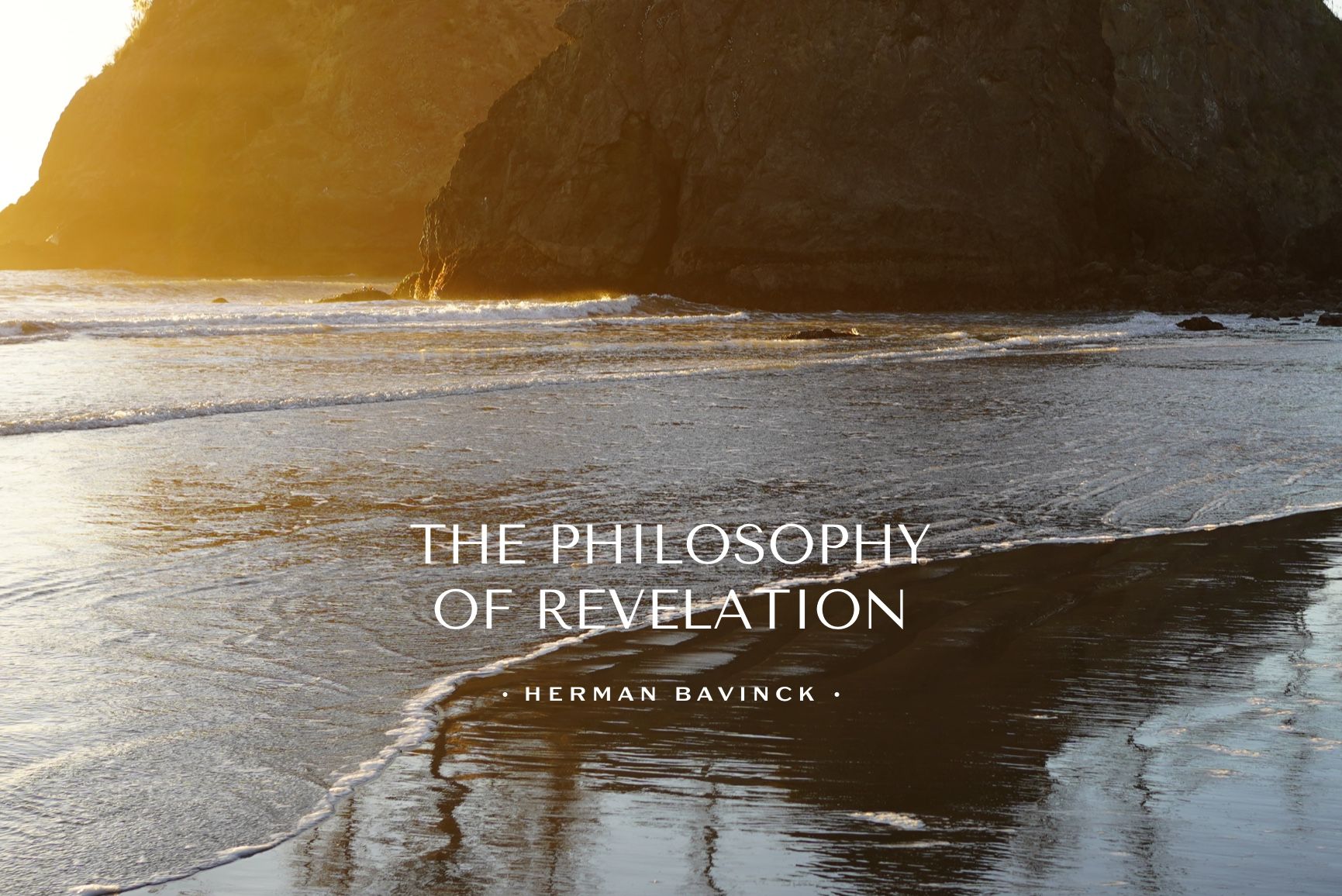
2. Revelation and Philosophy
In entering upon our task we may derive encouragement from the position accordedat present to philosophical thought. There is reason for rejoicing in thereflection that from an object of contempt it has come to inspire the warmestinterest. When in the last century the natural sciences began their…
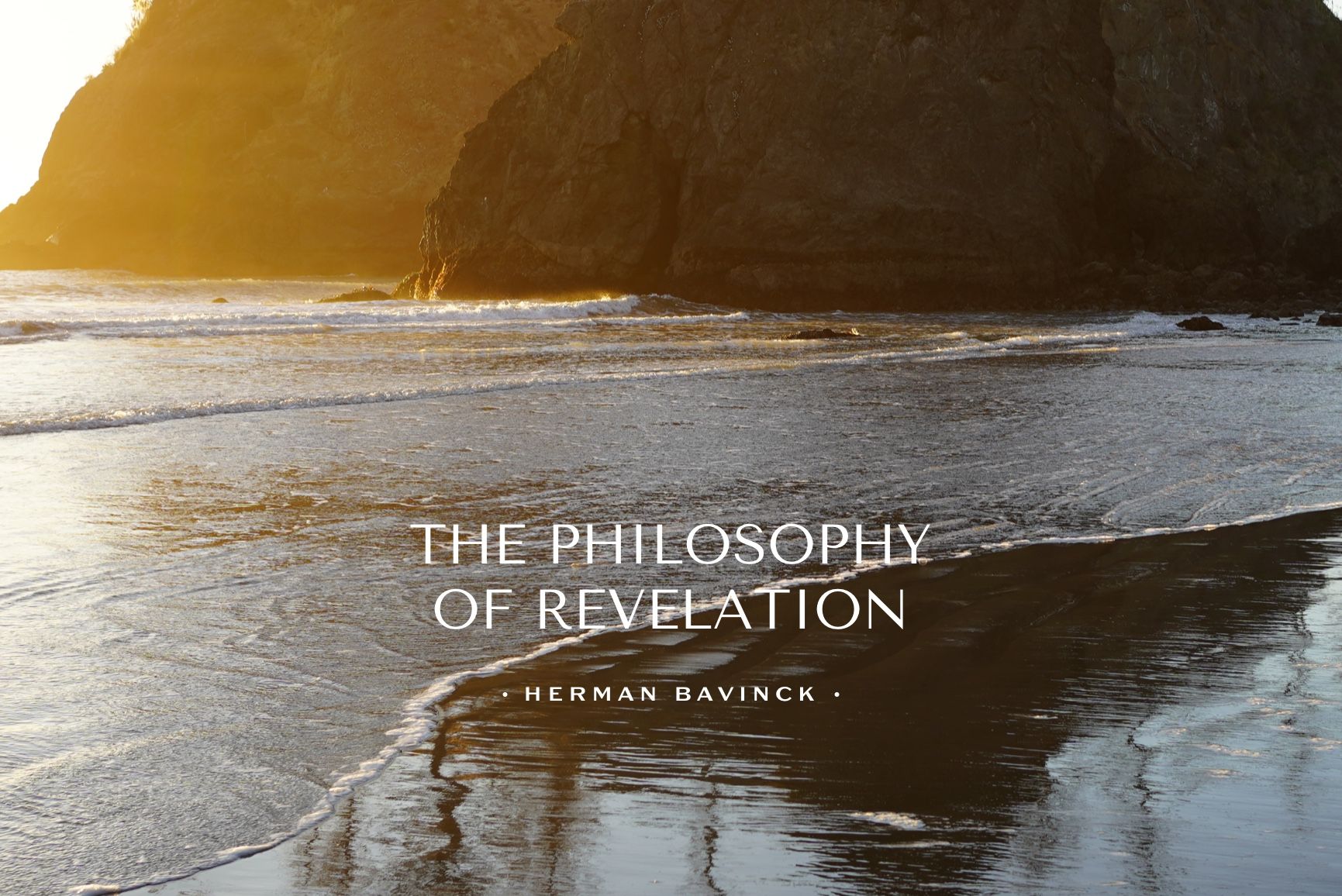
3. Revelation and Philosophy
To pragmatism belongs the great merit of having freed us from the bane of monismand of having exposed the barrenness of its abstract conceptions. It deservesappreciation and praise so far as it turns its back upon “fixed habits, pureabstractions, and verbal solutions,” calls us back to the facts,…
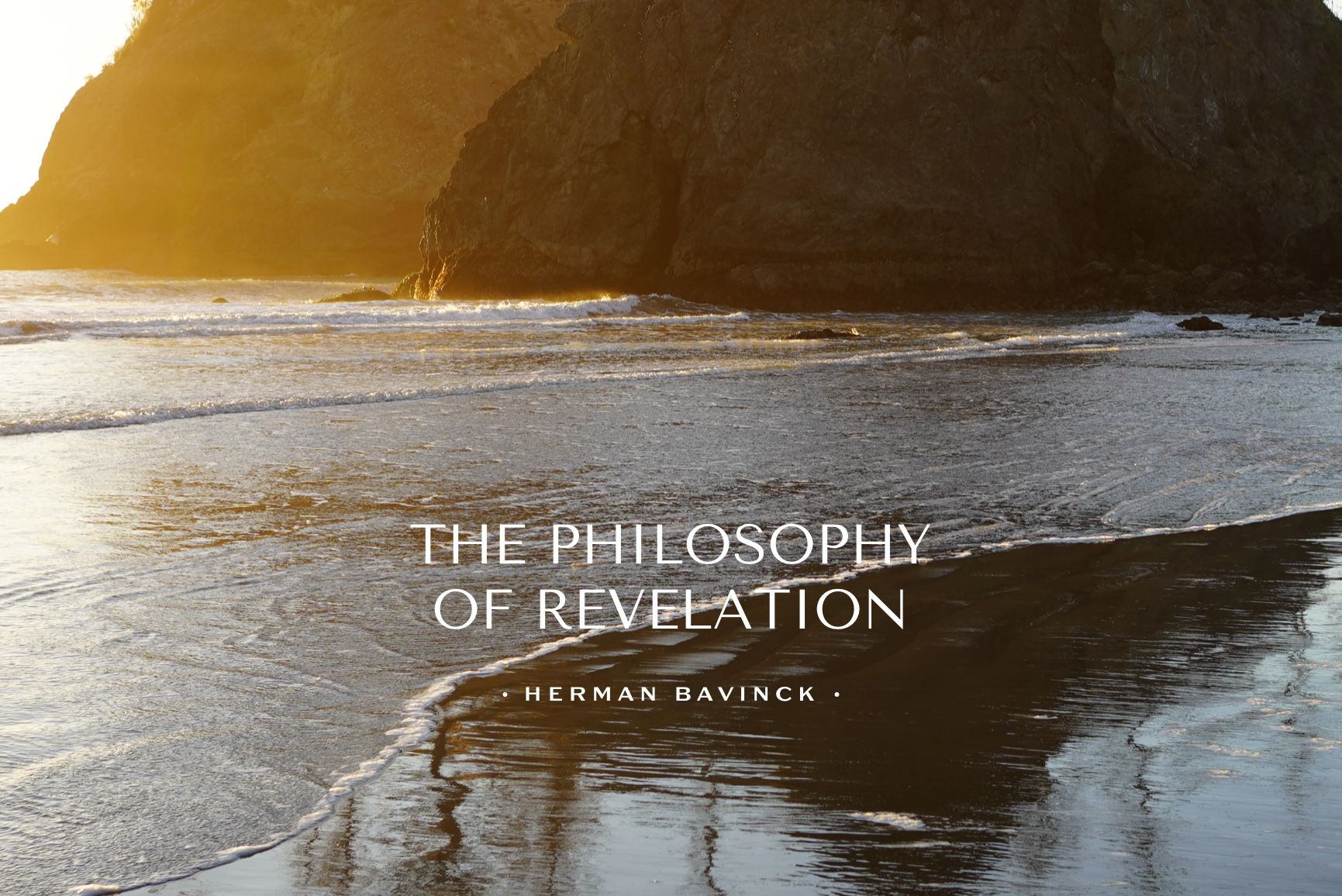
4. Revelation and Nature
God, the world, and man are the three realities with which all science and allphilosophy occupy themselves. The conception which we form of them, and therelation in which we place them to one another, determine the character of ourview of the world and of life, the content of our religion, scienc…
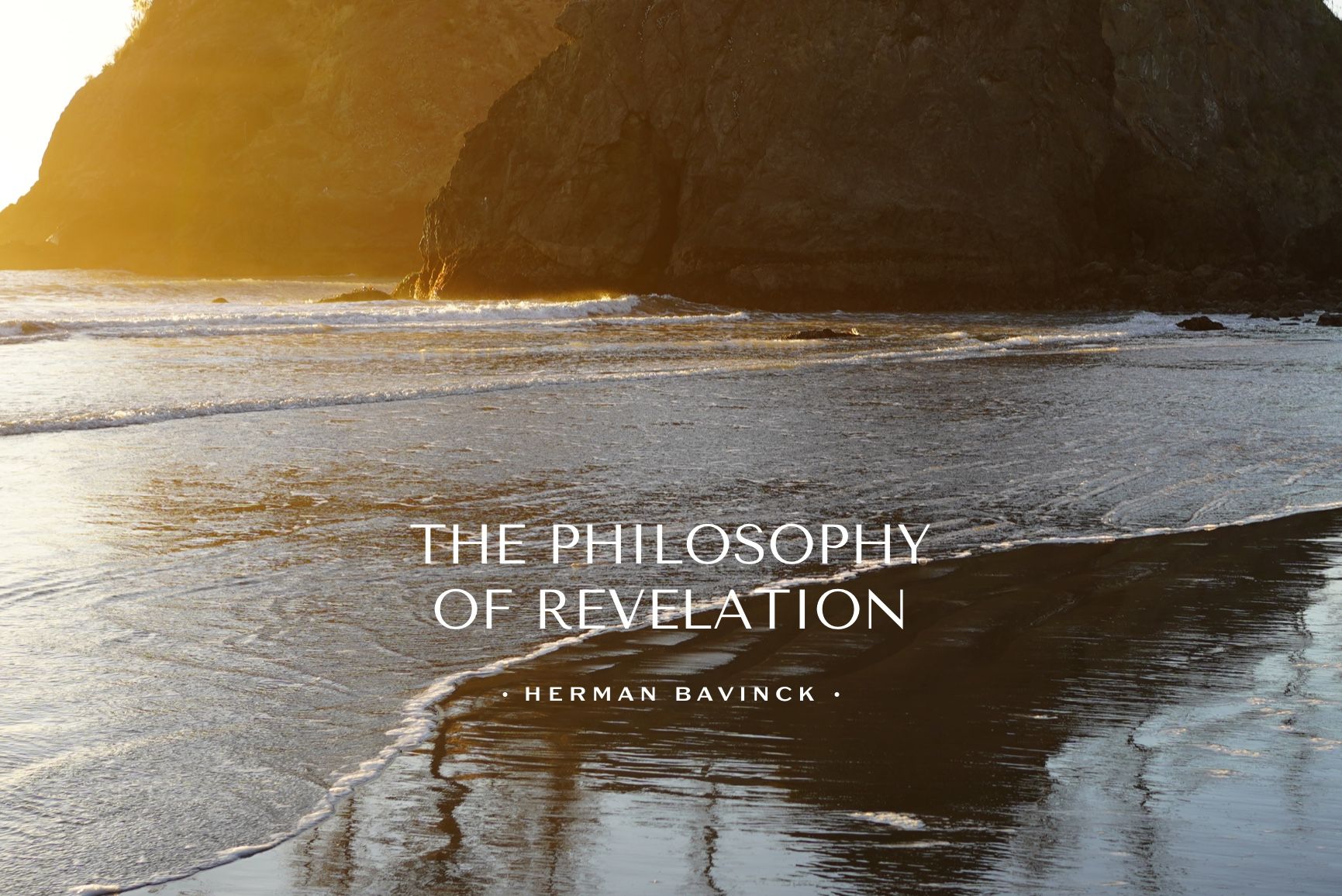
5. Revelation and History
The indispensability and significance of revelation appear in history in an evenhigher and richer measure than in nature. But so soon as we set foot on thisdomain, our attention is immediately attracted by an interesting controversywhich for several years has been waged by historians among themse…
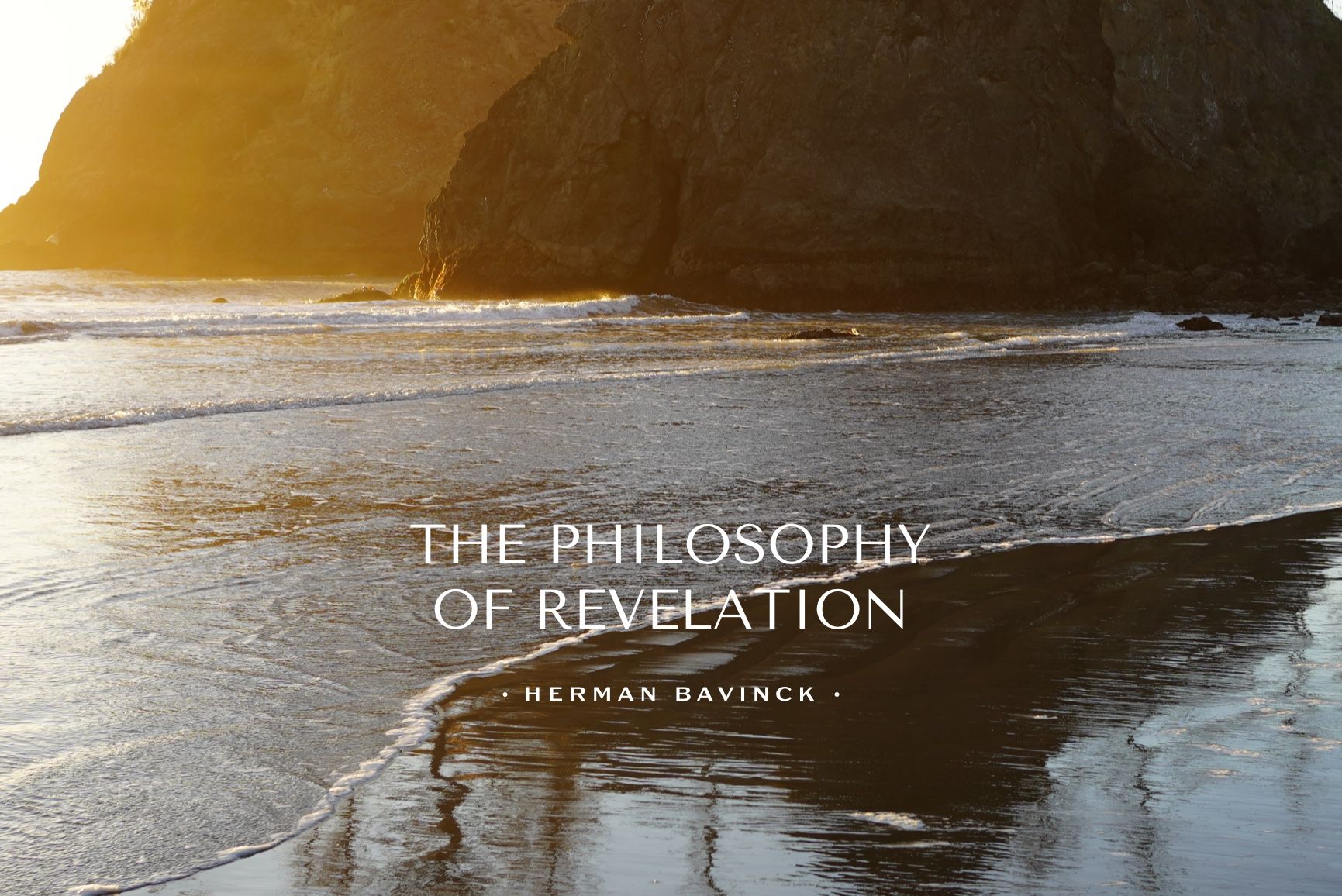
6. Revelation and Religion
We shall be strongly confirmed in the view that history as well as nature isrooted in revelation and needs it for its explanation, if we fix our attentionupon one of its most prominent motive powers, namely, religion. The bare factthat religion exists already means much. Demons have no religion; …
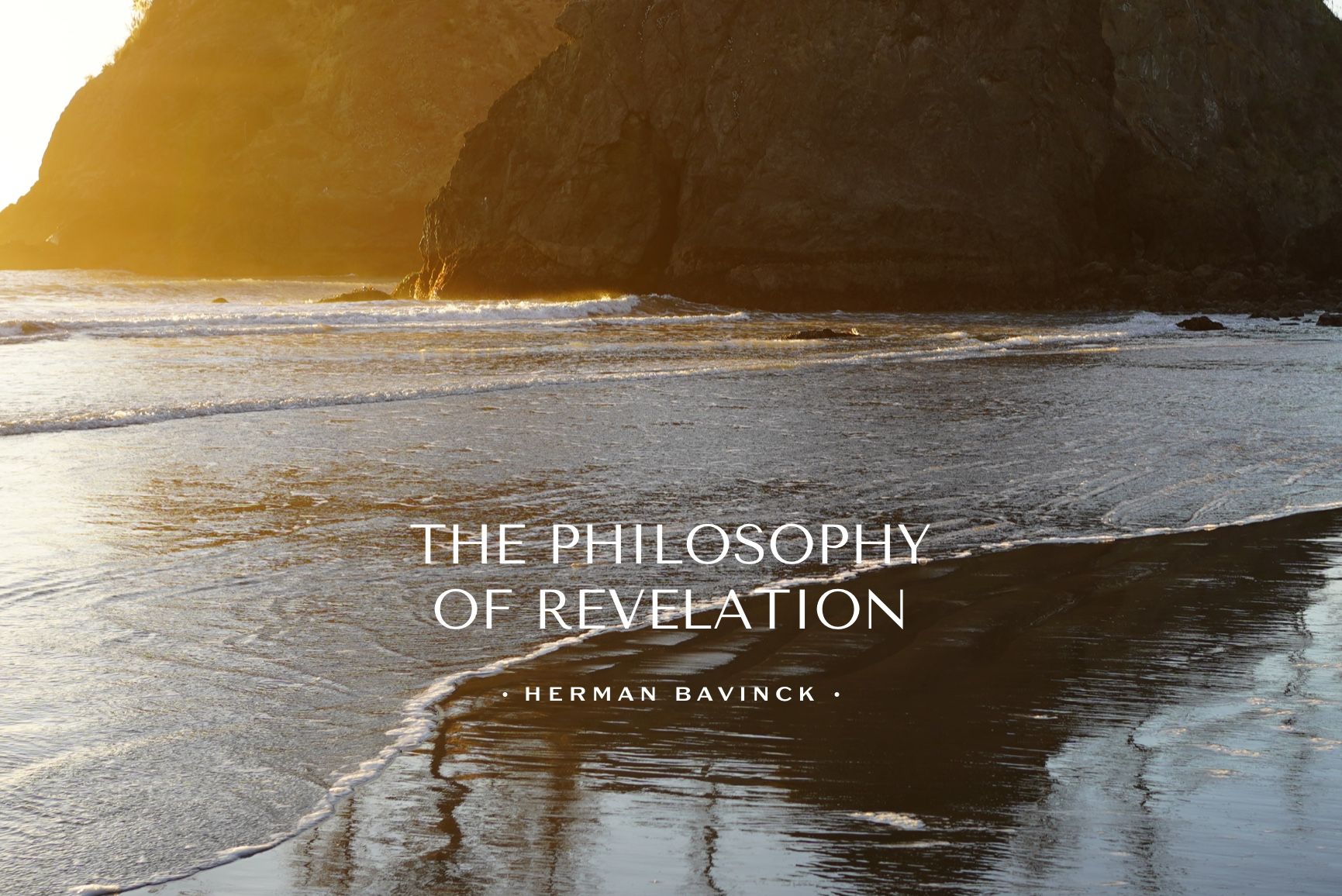
7. Revelation and Christianity
The arguments for the reality of revelation, derived from the nature of thought,the essence of nature, the character of history, and the conception of religion,are finally strengthened by the course of development through which mankind haspassed, and which has led it from paradise to the cross an…
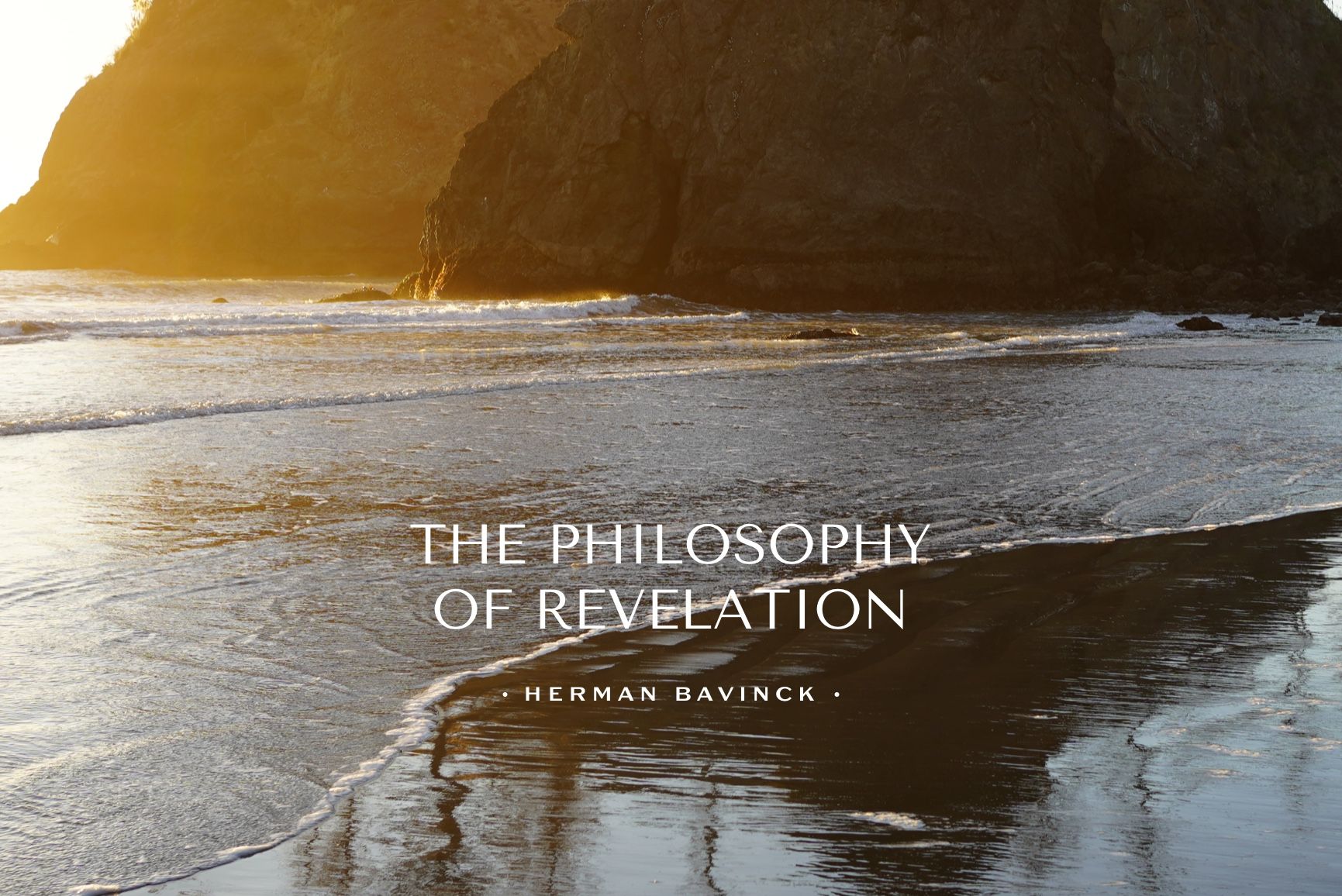
8. Revelation and Religious Experience
If Christianity were at one with itself, and there were no other religions, therecognition of its truth would be easier. But it is endlessly divided and tornto pieces. The one church, which was the centre of village and city in theMiddle Ages, is completely demolished; on every side a number of s…
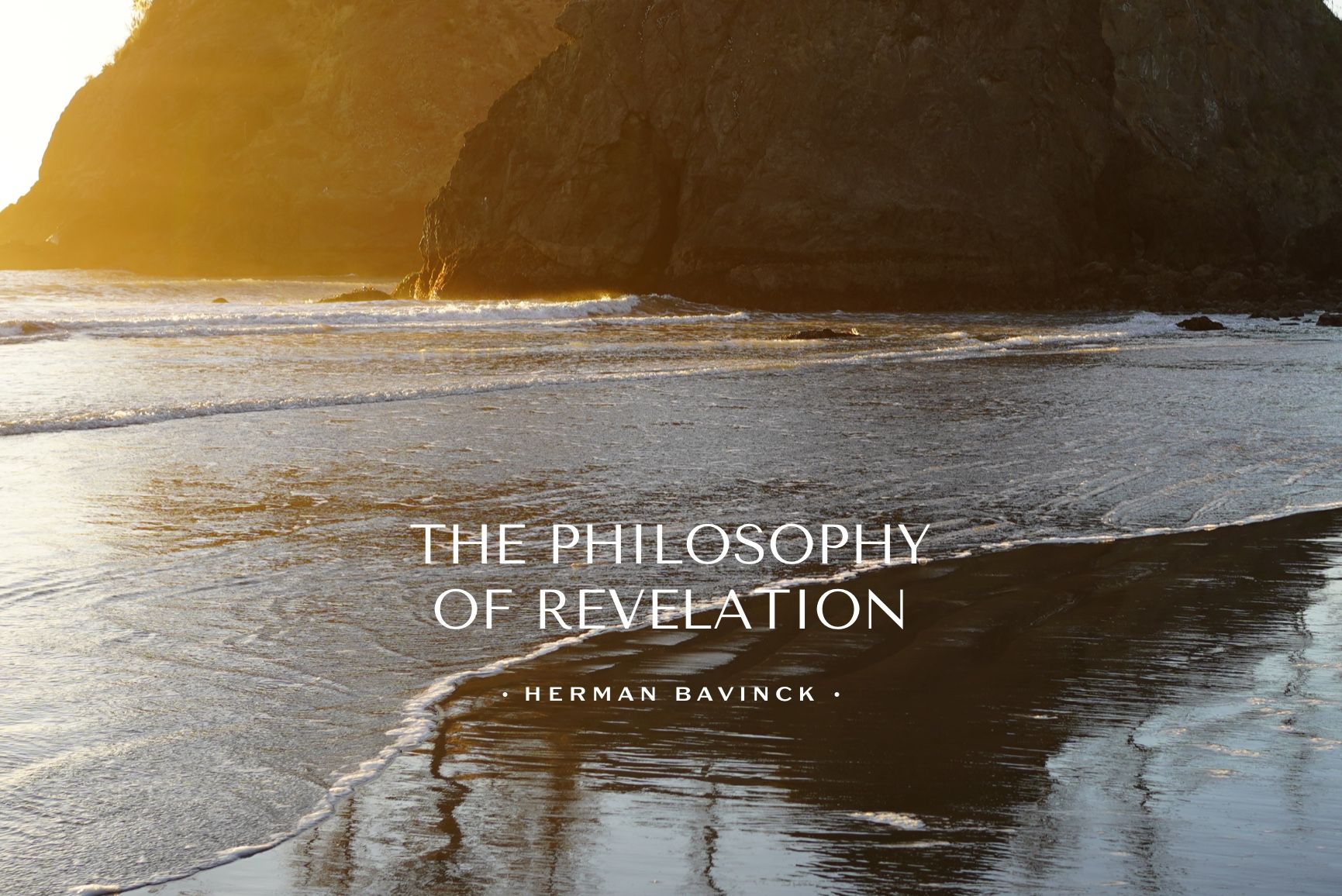
9. Revelation and Culture
The well-known preacher, J. Chr. Blumhardt, once said that man must be twiceconverted, first from the natural to the spiritual life, and then from thespiritual to the natural.362 He thus declared, in somewhat paradoxical language,a truth which is confirmed by the religious experience of every Chr…
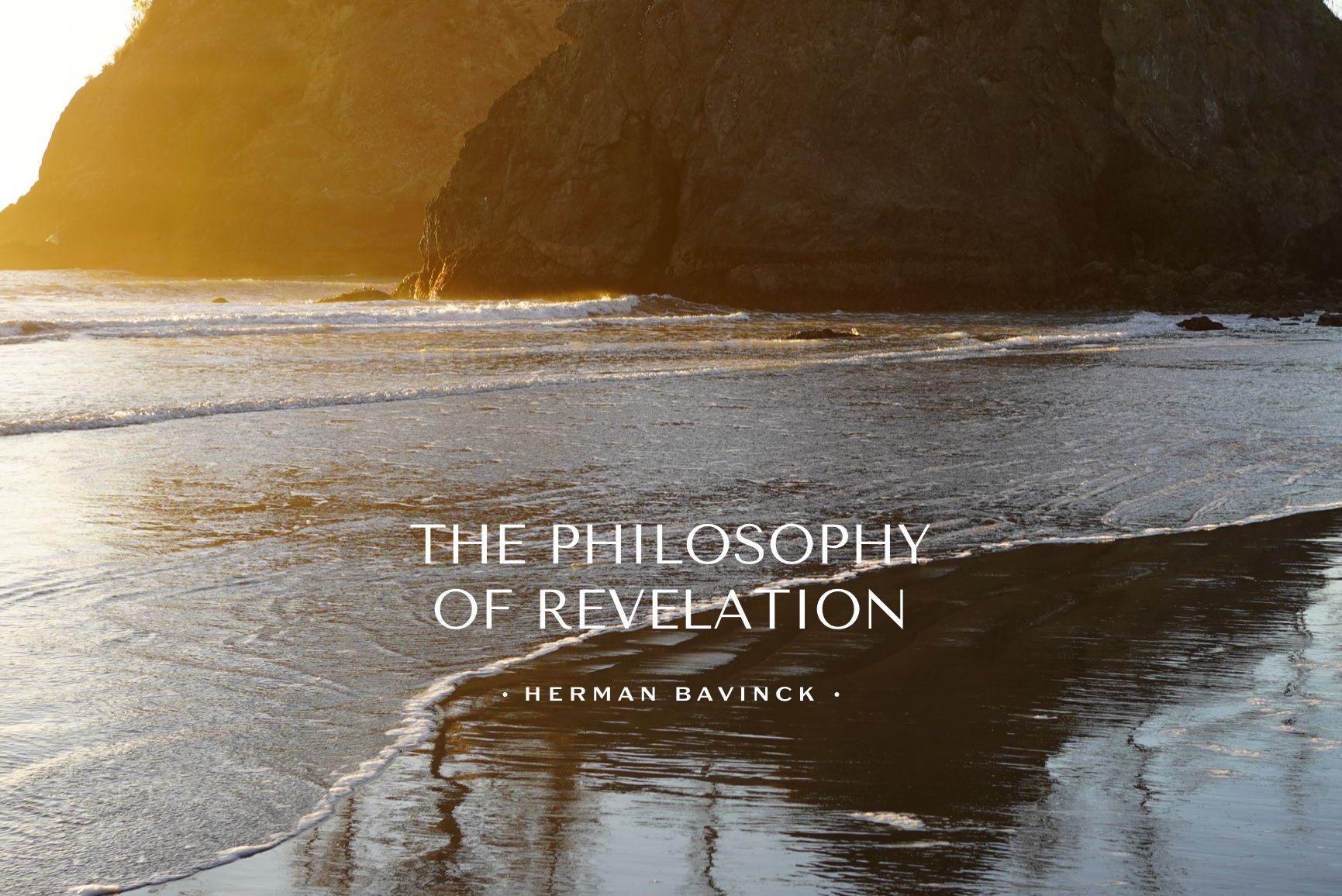
10. Revelation and the Future
Although the Christian religion is not at enmity with culture in principle,still there is no gainsaying that it attributes only a subordinate value to allthe possessions of this earthly life. The value of the whole world is not sogreat as that of the righteousness of the kingdom of heaven, the fo…
